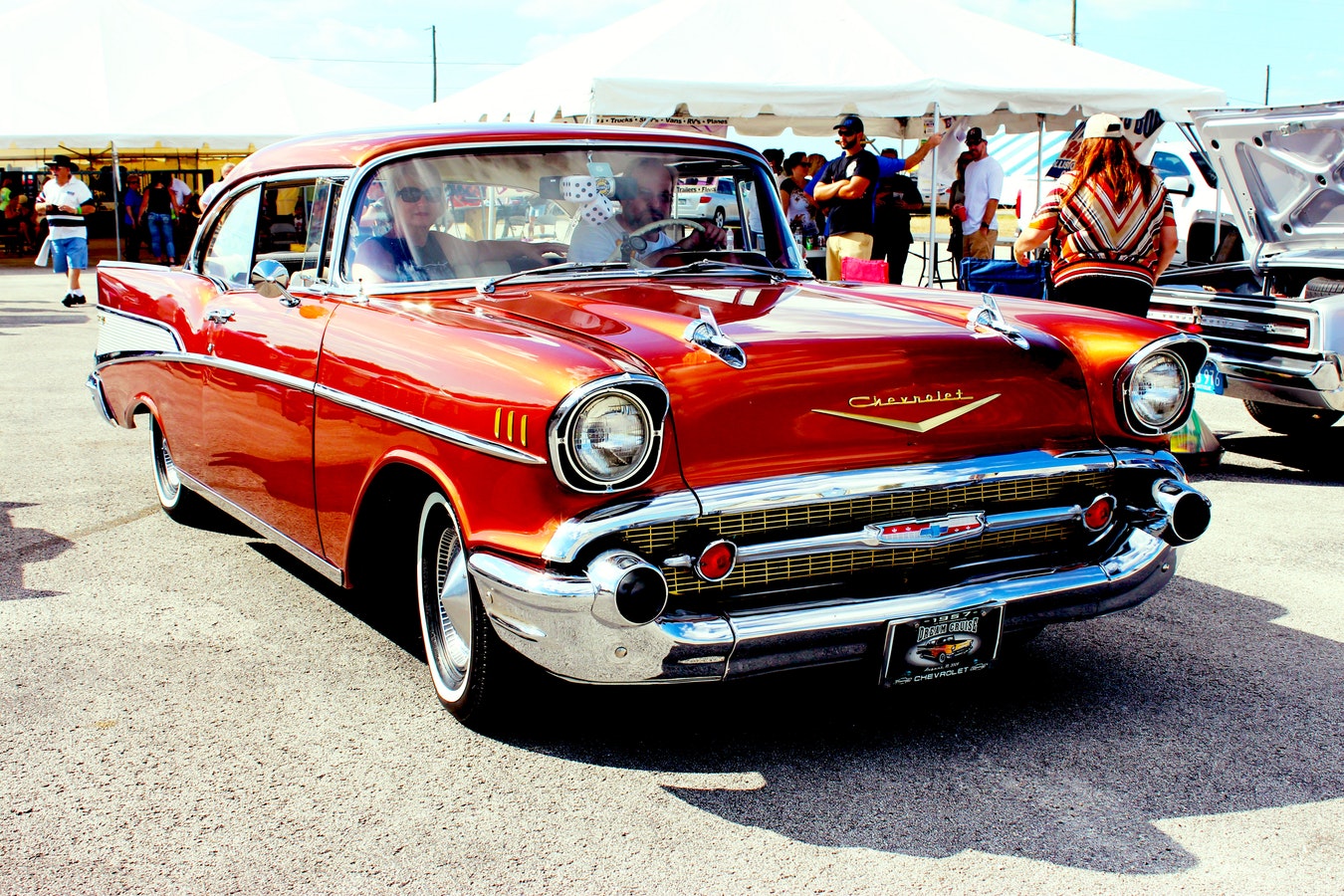
The Charm and Challenges of Owning an Older Car
Charm and Challenges, Owning an older car can be a rewarding experience, combining nostalgia with the joy of classic design and engineering. However, it also comes with its own set of challenges and considerations. This article explores the allure of older cars, the benefits and drawbacks of owning one, and provides tips for maintaining and enjoying a vintage vehicle.

Charm and Challenges, The Appeal of Older Cars
Nostalgia and Classic Design
Charm and Challenges, Older cars evoke a sense of nostalgia and represent a bygone era of automotive design. Many classic cars feature unique styling and craftsmanship that set them apart from modern vehicles. The chrome bumpers, sweeping lines, and distinctive features of older cars often attract enthusiasts and collectors who appreciate the artistry of past automotive designs.
Historical Significance
Owning an older car provides a connection to automotive history. Classic cars often symbolize significant developments in automotive technology and culture. Whether it’s a vintage muscle car, a classic sports car, or a historic luxury vehicle, these cars tell a story about the era in which they were built.
Community and Events
The classic car community is vibrant and active. Car shows, club meetings, and vintage rallies offer opportunities to meet fellow enthusiasts and showcase your vehicle. These events celebrate automotive heritage and provide a platform to share your passion with others who have similar interests.
Benefits of Owning an Older Car
Unique Driving Experience
Older cars offer a driving experience that is often different from modern vehicles. Many classic cars provide a more tactile and engaging driving experience, with mechanical controls and analog gauges that create a connection between the driver and the road. For enthusiasts, this can be a refreshing change from the highly automated and technology-driven experience of contemporary cars.
Potential Investment Value
Some older cars can appreciate in value over time, particularly those that are rare, well-preserved, or historically significant. Classic car values can fluctuate based on market demand, condition, and rarity, making them potential investments for collectors and enthusiasts. However, it’s essential to do thorough research and understand the market before considering an older car as an investment.
Low Depreciation
Unlike new cars that lose value rapidly, older cars often experience slower depreciation. While they may not appreciate as quickly as some rare classics, well-maintained older cars tend to hold their value better than new cars. This can be advantageous if you plan to keep the vehicle for an extended period.
Charm and Challenges, Challenges of Owning an Older Car
Maintenance and Repairs
Older cars often require more maintenance and repairs compared to modern vehicles. Parts may be harder to find, and mechanical issues can be more frequent due to the age of the vehicle. Routine maintenance, such as oil changes, brake checks, and engine inspections, becomes crucial to keeping the car in good running condition.
Safety and Reliability
Older cars may lack modern safety features such as airbags, anti-lock brakes, and stability control systems. This can affect the vehicle’s safety and reliability compared to contemporary cars. Additionally, older vehicles may not perform as efficiently in terms of fuel economy and emissions, which can be a consideration for daily driving.
Insurance and Registration
Insuring and registering an older car can present challenges. Some classic cars may qualify for specialty insurance, which can offer lower premiums but may come with restrictions on usage. Additionally, certain jurisdictions may have specific requirements or limitations for registering vintage vehicles.
Charm and Challenges, Tips for Owning and Maintaining an Older Car
Research and Purchase
Before purchasing an older car, conduct thorough research to understand its history, condition, and value. Look for well-maintained examples and consider having a pre-purchase inspection conducted by a knowledgeable mechanic. Research the availability of parts and the potential costs associated with maintenance and repairs.
Regular Maintenance
Regular maintenance is key to keeping an older car in good condition. Follow a scheduled maintenance routine, addressing any issues promptly to prevent more significant problems. Join online forums or clubs dedicated to your car model to gain insights and advice from fellow enthusiasts.
Preservation and Restoration
If you own a particularly rare or valuable classic car, consider investing in preservation or restoration. Professional restoration can help maintain the car’s original appearance and performance, but it can be costly. Assess whether restoration is worth the investment based on the vehicle’s historical significance and potential value.
Enjoy the Experience
Owning an older car is as much about the experience as it is about the vehicle itself. Embrace the unique aspects of classic car ownership, from attending car shows to joining enthusiast clubs. The joy of driving a vintage vehicle and sharing it with others can be a rewarding and fulfilling experience.
Conclusion
Charm and Challenges, Owning an older car offers a unique blend of nostalgia, historical significance, and a distinctive driving experience. While it comes with challenges such as maintenance, safety concerns, and potential insurance issues, the rewards of connecting with automotive history and being part of a passionate community can be substantial. By researching thoroughly, maintaining your vehicle diligently, and embracing the classic car lifestyle, you can enjoy the charm and satisfaction of owning a vintage automobile.
Read More : The Allure of Old Cars: A Journey Through Time
